The Coordinator of the Greater Kumasi Metropolitan Area (GKMA) Sanitation and Water Project (SWP), said his outfit is considering roping in more districts in the Ashanti region.
“We are exploring the possibility of bringing on board all the District Assemblies that share border with Greater Kumasi Municipal and Metropolitan Areas. We are indirectly bringing most of them on board to ensure that we cover them”, he stated.
Speaking in an interview with Ghanamps.com, the Coordinator said the project is well on course in the Greater Kumasi Area, adding that its success has been the reason more assemblies are lobbying to be included
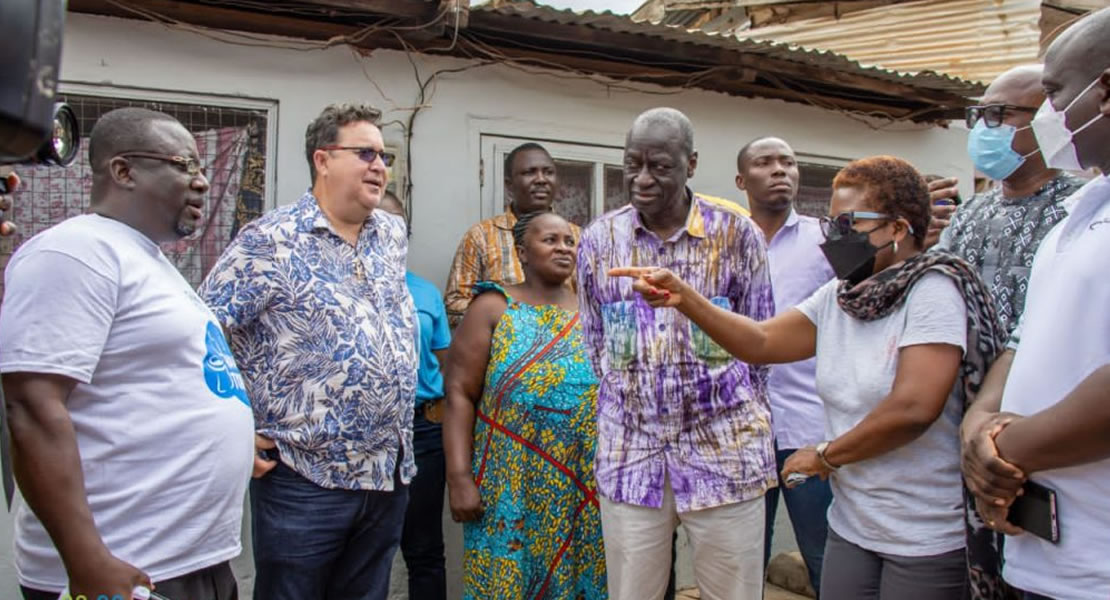 The call, he noted, is significant because open defecation is measured taking into account the entire region and not only the Greater Kumasi area; and revealed that open defecation level in Ashanti Region has dropped to 6.1 following the interventions of the Greater Kumasi Metropolitan Area (GKMA) Sanitation and Water Project (SWP).
The call, he noted, is significant because open defecation is measured taking into account the entire region and not only the Greater Kumasi area; and revealed that open defecation level in Ashanti Region has dropped to 6.1 following the interventions of the Greater Kumasi Metropolitan Area (GKMA) Sanitation and Water Project (SWP).
As such the call by those assemblies that are not benefitting to be included is a good call since it would help widen the success rate in eradicating open defecation from the region, he stated.
According to him another interesting dimension is the show of interest and buying into the project by lawmakers in twelve constituencies which has also beef up a lot of demand outside project areas.
A minimum of 30,000 households within the project area are to be assisted to construct affordable toilet facilities by December 2024.
He recounted that following the success of that project in the Greater Accra Metropolitan Areas (GAMA) Sanitation and Water Project, the focus was to increase access to toilet facilities in the low income areas, and this would separate fecal matter and also to promote health consequences.
The project was suppose to provide twelve thousand one hundred toilet facilities but they ended up reaching out to over twenty-eight thousand five hundred households that give us over two hundred and fifty thousand beneficiaries. This we use the same funding to achieve. The project reached its target and even exceeded its target over 16 percent and to us it was a great achievement.
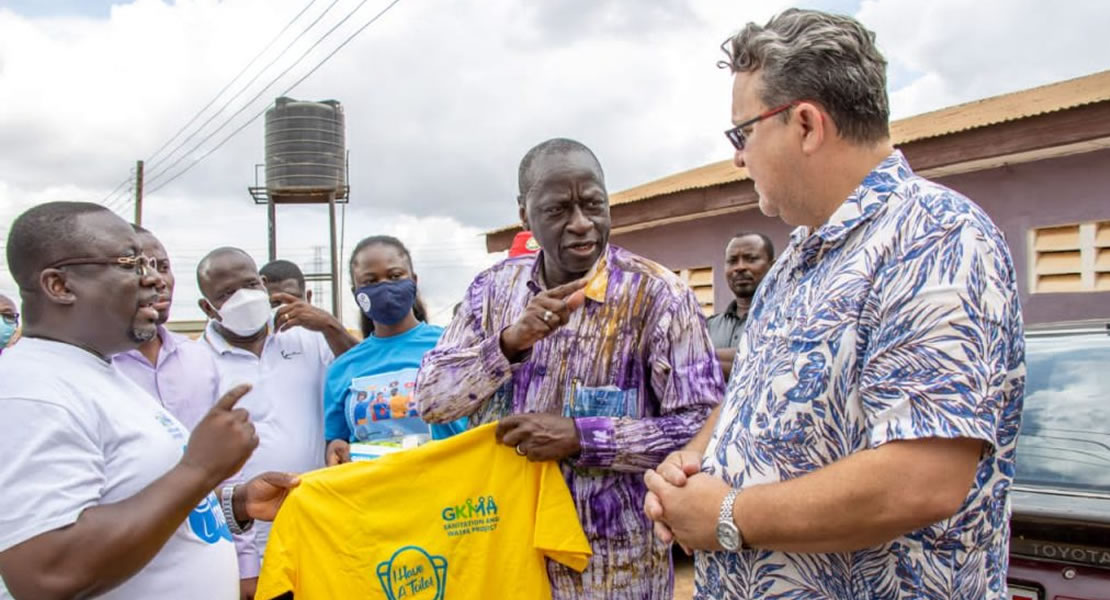 “The interesting thing was that we were able to get the people to change their behavior and attitude towards sanitation, we embarked on intense sensitization and various approaches were used with assistant of his behavior and communication expects a lot of strategy was used. What it means is that they engage the people themselves they use the Municipal Assemblies that have the mandate and they ensure that the people who are supposed to enforce the law are the ones on the ground who are known by the people. They are the people they use to promote the project and provided them with the adequate logistics to be able to do exactly what they were supposed to do”.
“The interesting thing was that we were able to get the people to change their behavior and attitude towards sanitation, we embarked on intense sensitization and various approaches were used with assistant of his behavior and communication expects a lot of strategy was used. What it means is that they engage the people themselves they use the Municipal Assemblies that have the mandate and they ensure that the people who are supposed to enforce the law are the ones on the ground who are known by the people. They are the people they use to promote the project and provided them with the adequate logistics to be able to do exactly what they were supposed to do”.
And this paid off very well. They realize that the people were at home and made the Municipal Assemblies one stop shop for accessing household toilets. It made it easy and sustainable.
And the success of GAMA gave birth to the Greater Kumasi Metropolitan Area (GKMA) Sanitation and Water Project (SWP).
Ing. Aseidu said though GKMA-SWP started in November, 2021 which is barely a year, “we have been able to achieve four thousand three hundred out of the target we set for ourselves. And this represents about 12 percent achievement. We are making significant progress and the way things are going, we should be able to reach our target; our progress is good but we think that we can do better”.
Ing. George Aseidu further noted that they are making efforts to be able to reach out to majority of the people and to make sure they get access to these toilet facilities. “We are doing well in Kumasi and getting the support of the Asantehene Otumfuo Osei Tutu 11. And anything he steps in, it becomes a success because the people of Kumasi have realized the need to ensure that people get toilet in their homes; and whenever you get the buy-in of the people the people are ready to change their attitude and behavior”.
So once a neighbour gets access to a toilet, they want to ensure all their neighbours do same and also stop open deification and when you do the open deification, you may be put to shame or the people would ensure that you stop that behavior, he indicated.
Again, Kumasi is the garden city, the people know it well and they know what to do and so they love good life and that is what is prevailing now, he said.
“We are getting enough support and the way it is going is good; it is moving faster than we did in Accra, the only thing is that the target we set for ourselves in Greater Kumasi is way above what was done in Accra. We are doing well but the target set is about thirty thousand households which we need to achieve and then we hope to achieve it within the project life which ends December 2024”, the Coordinator emphasised.
The Greater Kumasi Metropolitan Area (GKMA) Sanitation and Water Project (SWP) received US $125m from the World Bank as the Government of Ghana acting through the Ministry of Sanitation and Water Resources to increase access to improved sanitation, water supply in low income communities.
The Project beneficiary Assemblies include eight Metropolitan/Municipal Assemblies (MMAs) of the Greater Kumasi Metropolitan Area, comprising Kumasi Metropolitan Assembly, Asokwa, Oforikrom, Old Tafo, Suame, Kwadaso, Ejisu and Asokore Mampong Municipal Assemblies.
Kwaku Sakyi-Danso/Dominic Shirimori/Ghanamps.com
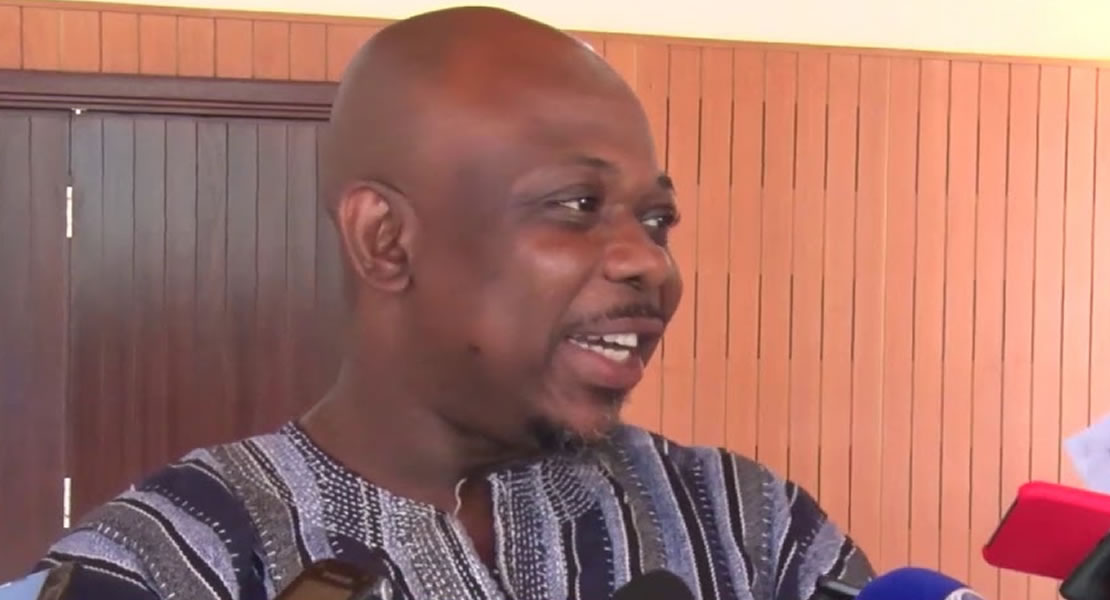
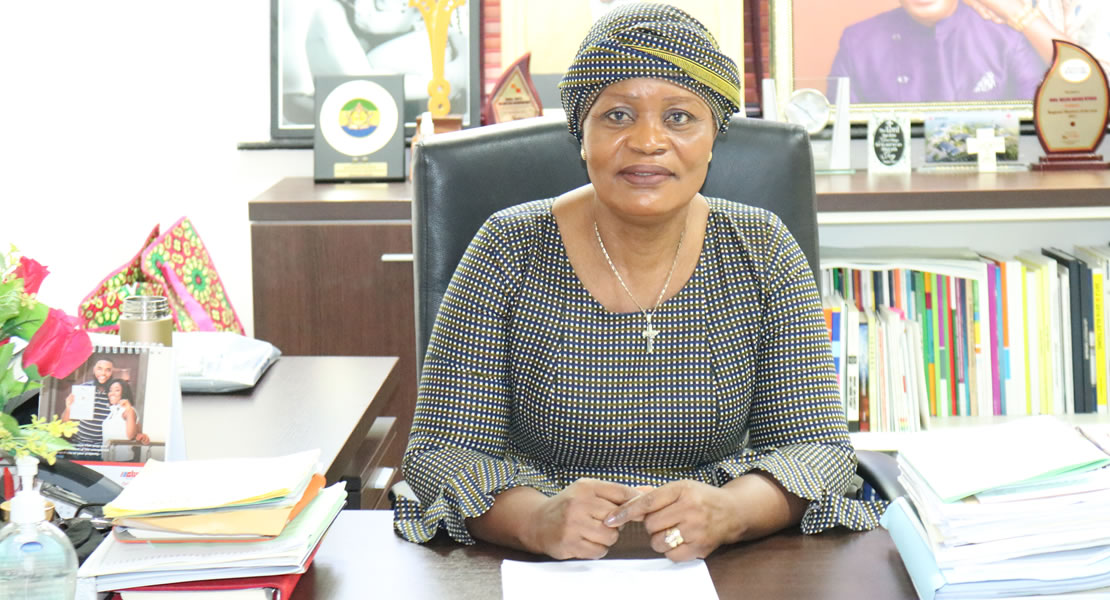
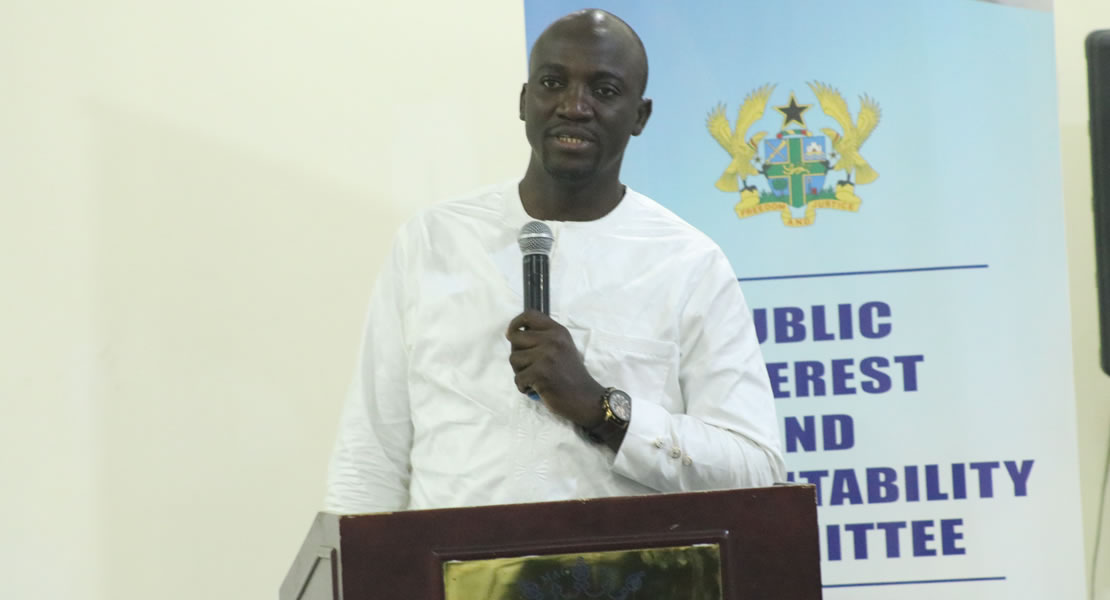
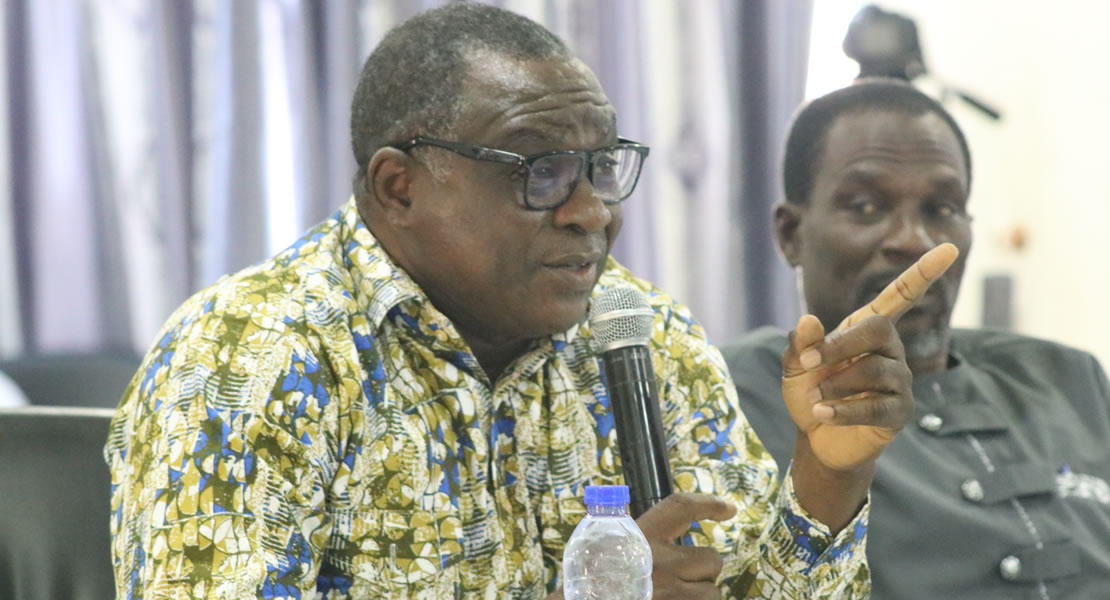
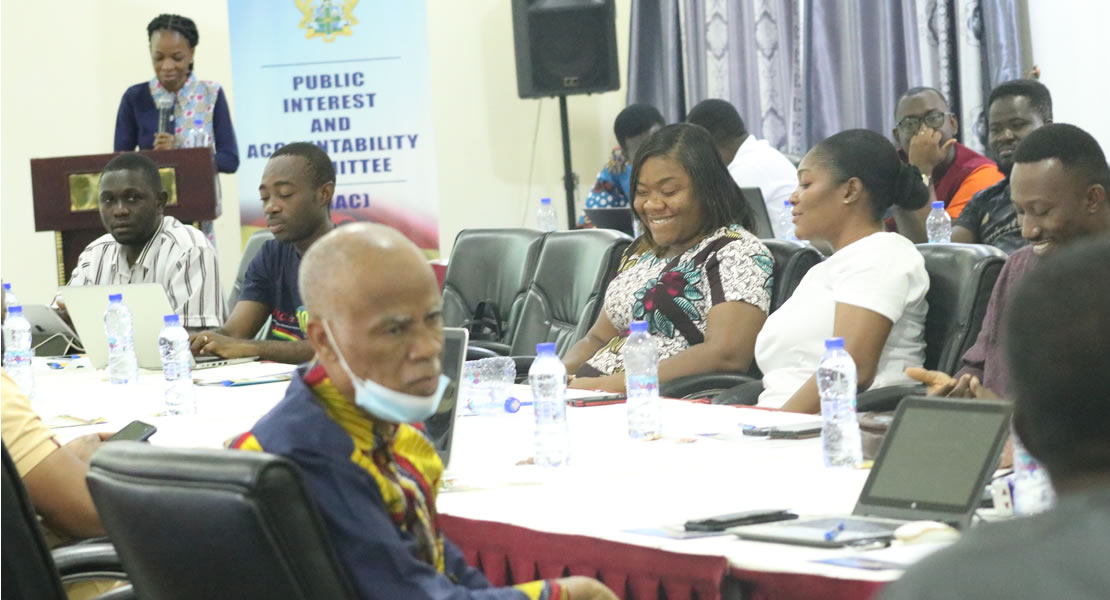
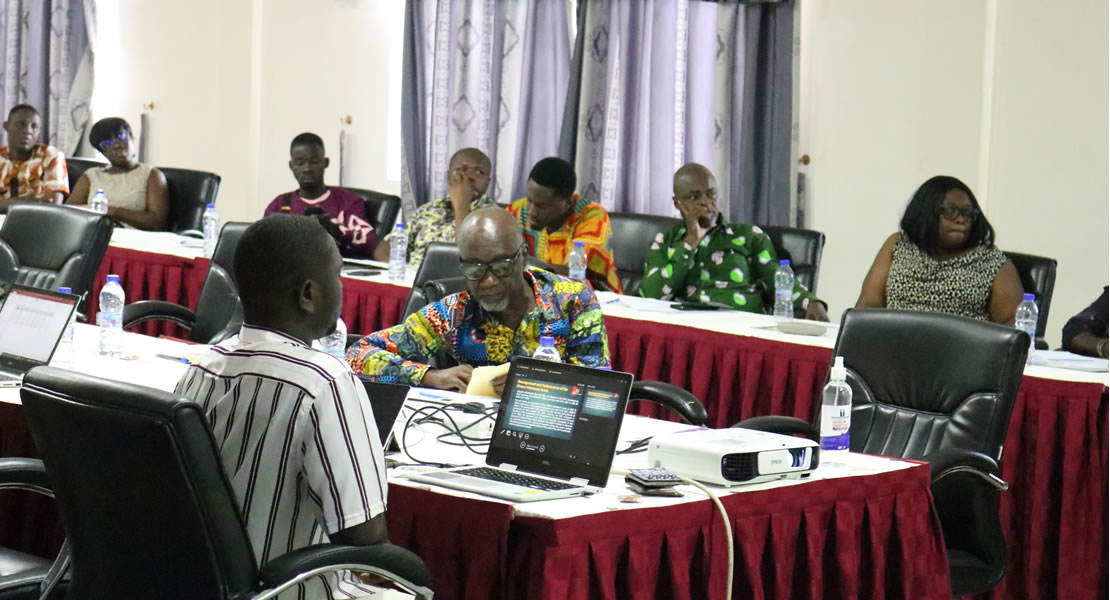 They submit this to parliament but when they fail to recover, and then they change the recovery plan and come up with new structure meanwhile expenditures keep going on within the cash they receive.
They submit this to parliament but when they fail to recover, and then they change the recovery plan and come up with new structure meanwhile expenditures keep going on within the cash they receive.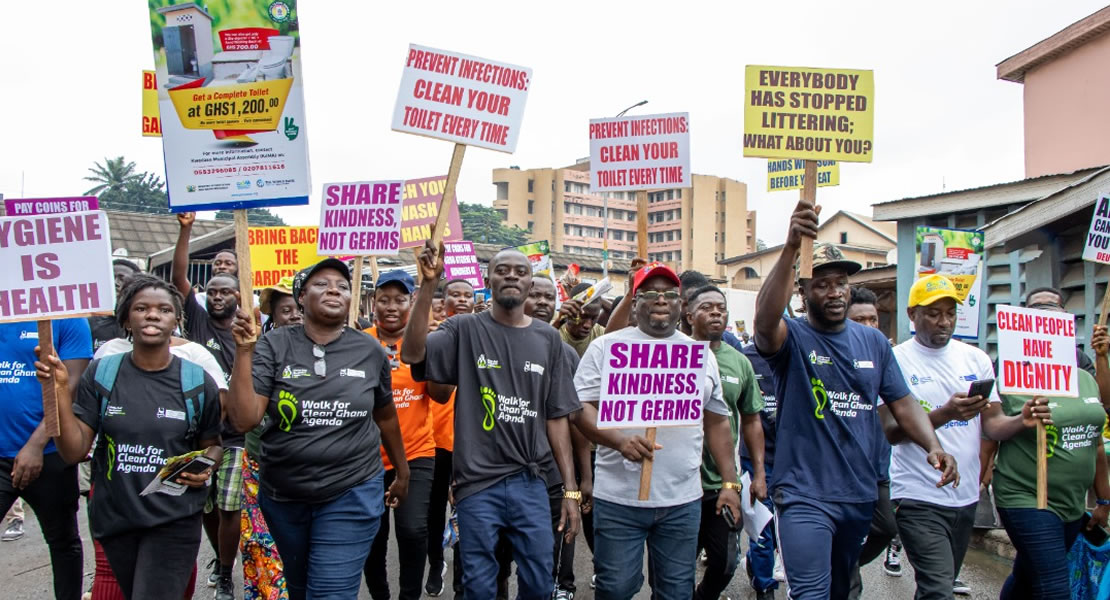
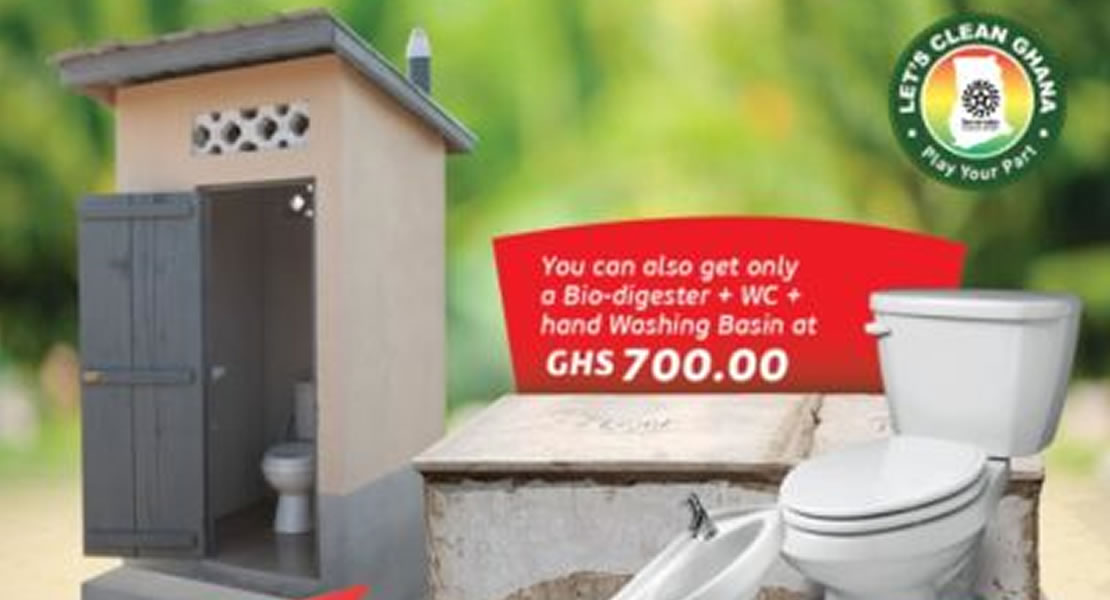 According to him the cost of poor sanitation cannot be over estimate, for this reason they do not play games with the need to access toilet.
According to him the cost of poor sanitation cannot be over estimate, for this reason they do not play games with the need to access toilet. “And if we happen to fall sick or get into pandemic regime just as we had with COVID -19 you know the cost that government had to incur, so as a result of this what we are doing is to bear the additional cost and government is taking up the additional cost of materials so the subsidy contribution is absorbing the extra cost and the cost to the beneficiary remains the same”, he said in an interview with Ghanamps.com
“And if we happen to fall sick or get into pandemic regime just as we had with COVID -19 you know the cost that government had to incur, so as a result of this what we are doing is to bear the additional cost and government is taking up the additional cost of materials so the subsidy contribution is absorbing the extra cost and the cost to the beneficiary remains the same”, he said in an interview with Ghanamps.com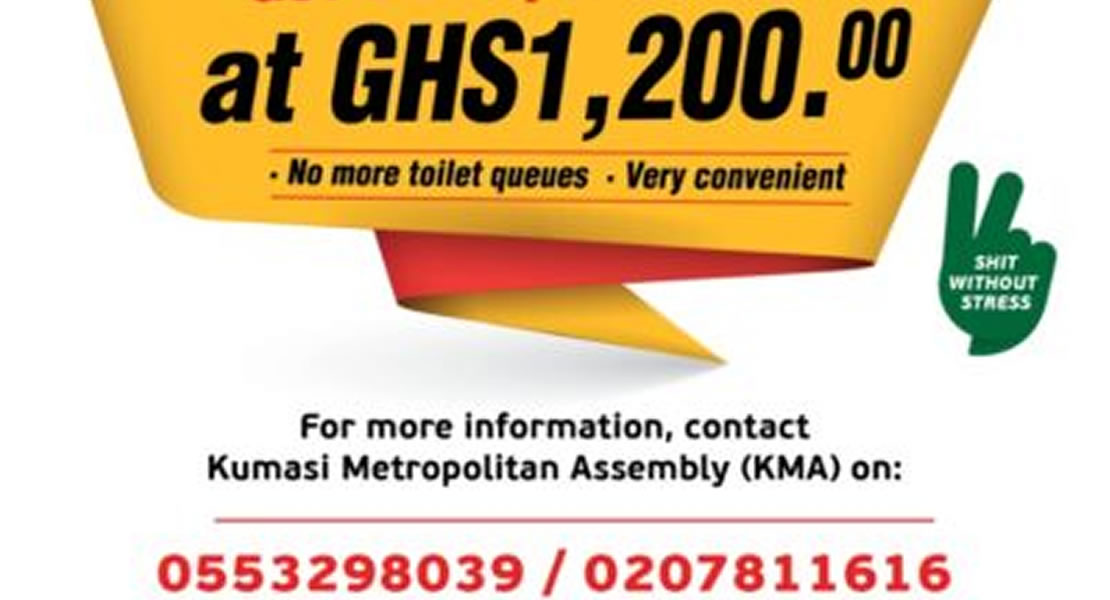 According to the GAMA Coordinator, when it comes to sanitation, the Ministry and the Minister have resolved “we should not increase the burden to the beneficiaries, they are paying that to the toilet builders and they are not having problem at all”.
According to the GAMA Coordinator, when it comes to sanitation, the Ministry and the Minister have resolved “we should not increase the burden to the beneficiaries, they are paying that to the toilet builders and they are not having problem at all”.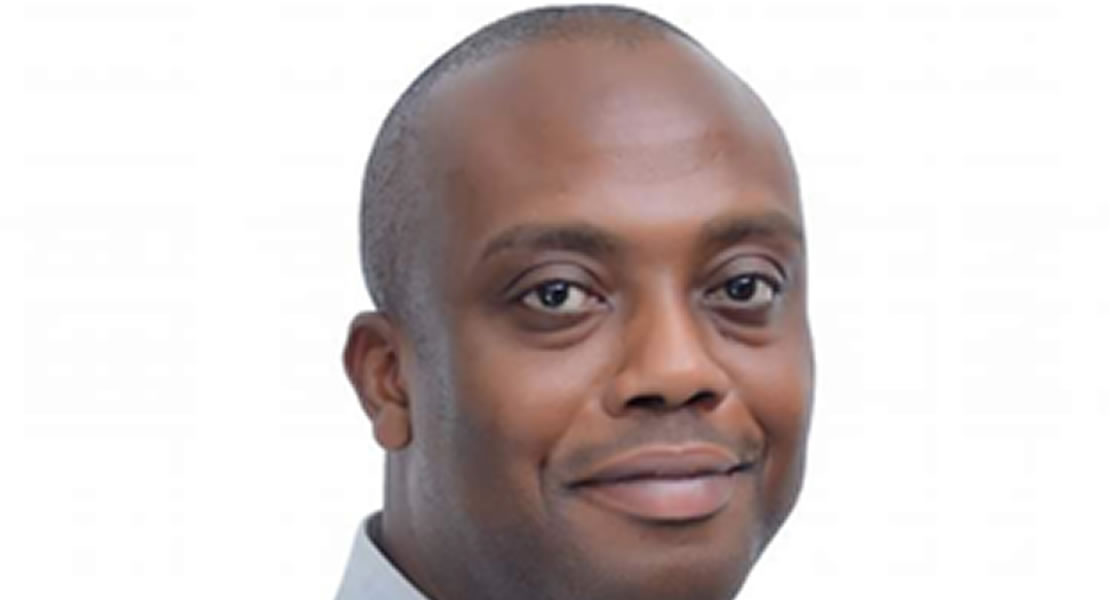
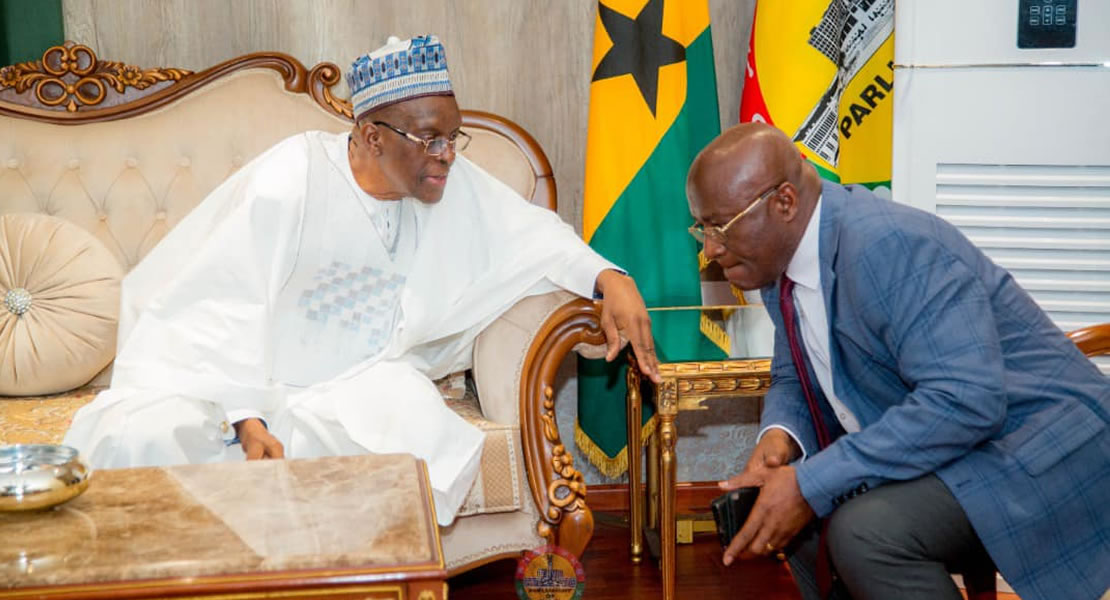
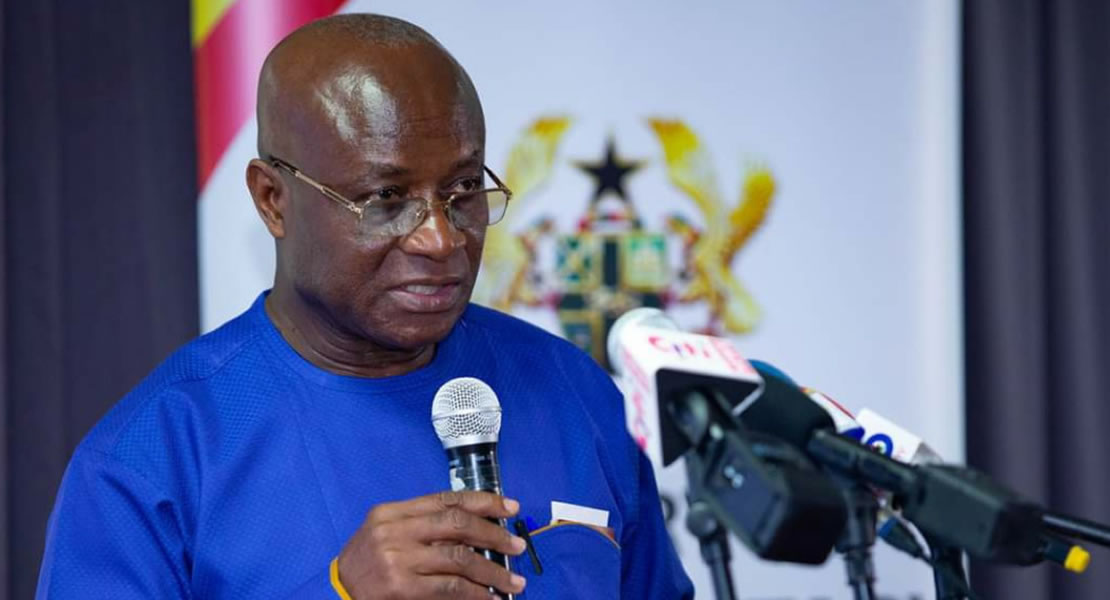
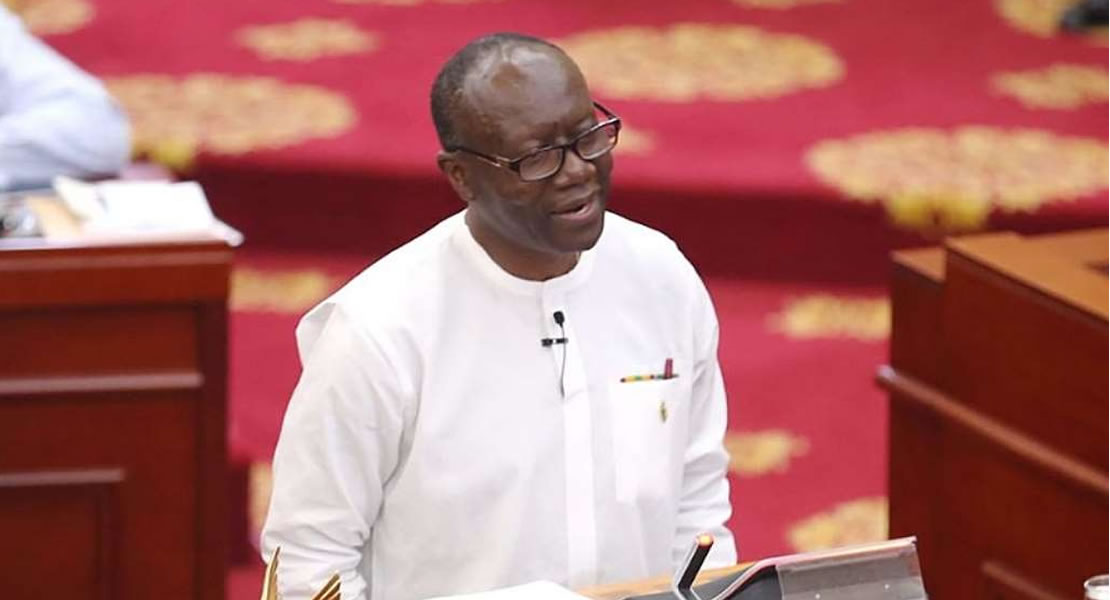
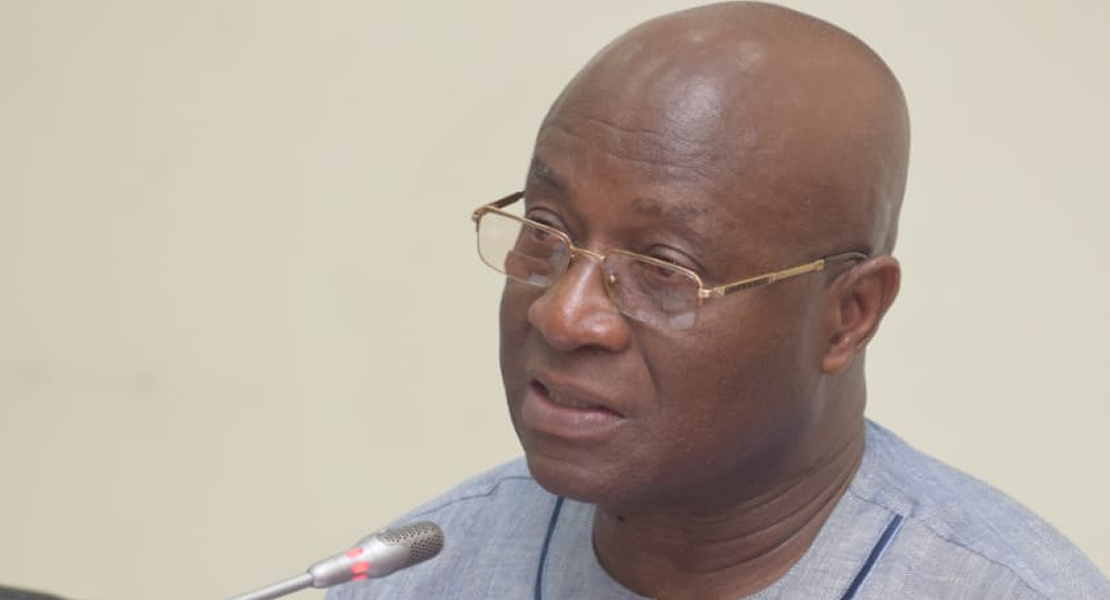
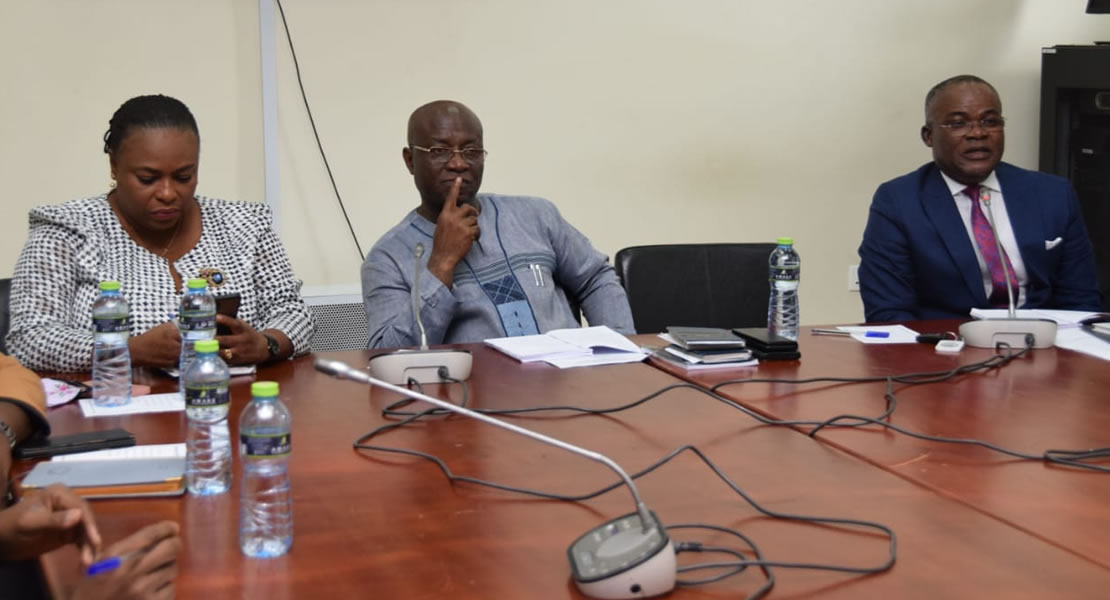 He clarified that though the call for the removal of the Finance Minister was started by a group of eighty plus members of the Majority, the caucus meeting aligned with the perception of that group, “so it is no longer the course of that eighty plus group” and that it is the agenda of the entire caucus and they are having discussions on that.
He clarified that though the call for the removal of the Finance Minister was started by a group of eighty plus members of the Majority, the caucus meeting aligned with the perception of that group, “so it is no longer the course of that eighty plus group” and that it is the agenda of the entire caucus and they are having discussions on that.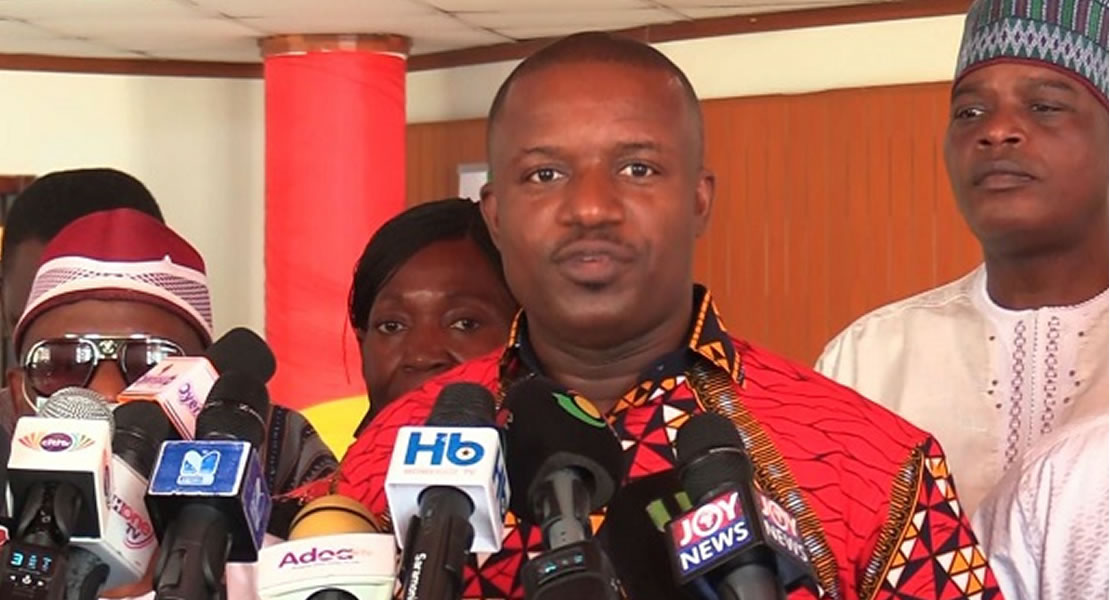
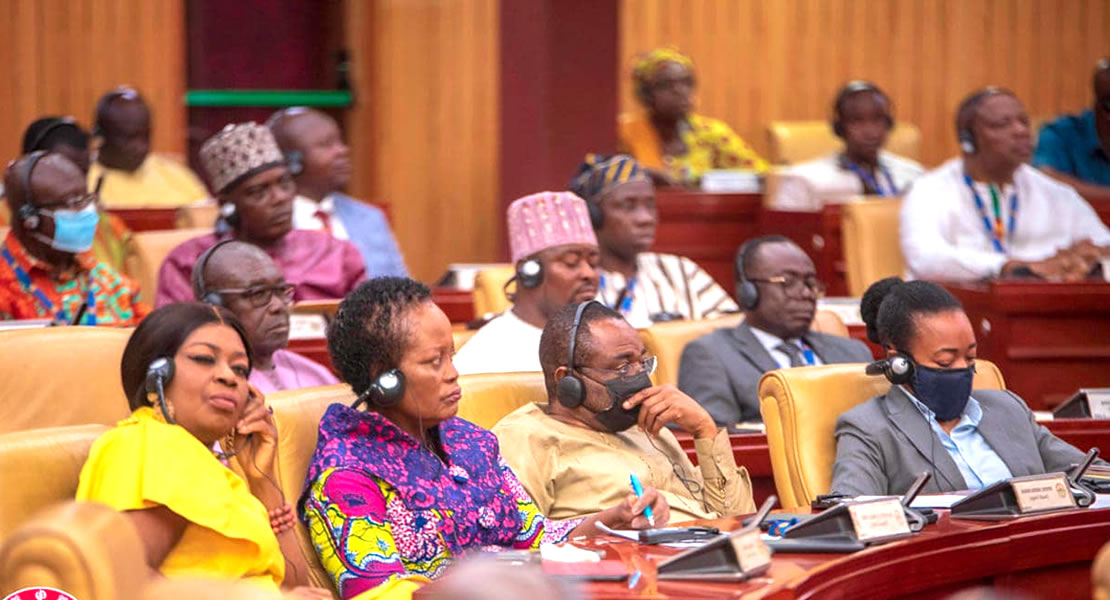 Today, as we speak, from the PIAC report, in less than three months (one quarter), government has received over 8bn cedis from our petroleum resources. This is more than it projected for the whole year, so government is making super normal profits”, he emphasised.
Today, as we speak, from the PIAC report, in less than three months (one quarter), government has received over 8bn cedis from our petroleum resources. This is more than it projected for the whole year, so government is making super normal profits”, he emphasised.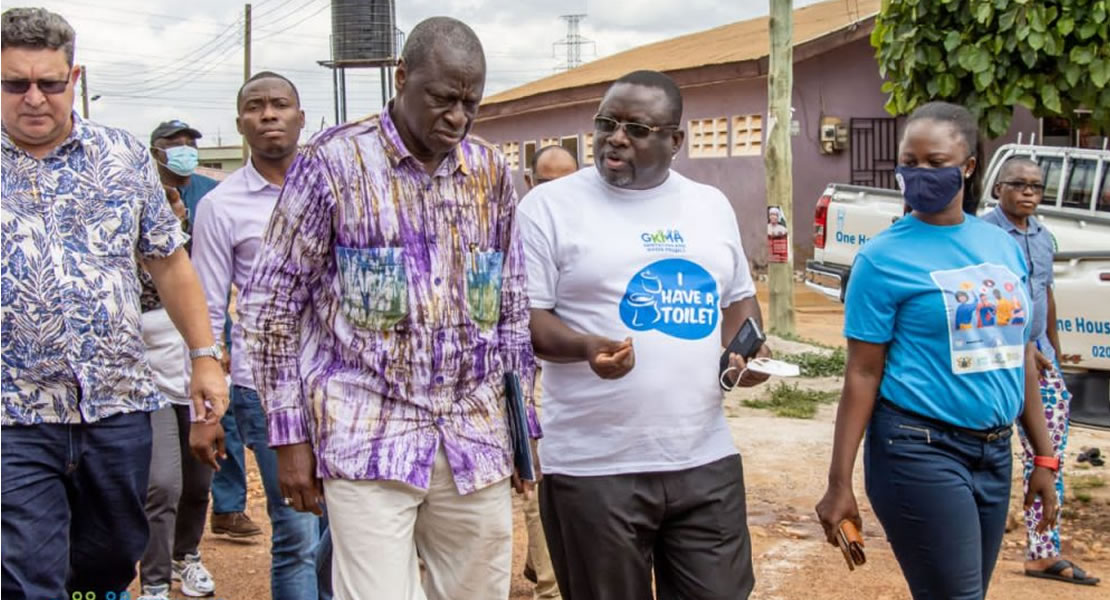
 The call, he noted, is significant because open defecation is measured taking into account the entire region and not only the Greater Kumasi area; and revealed that open defecation level in Ashanti Region has dropped to 6.1 following the interventions of the Greater Kumasi Metropolitan Area (GKMA) Sanitation and Water Project (SWP).
The call, he noted, is significant because open defecation is measured taking into account the entire region and not only the Greater Kumasi area; and revealed that open defecation level in Ashanti Region has dropped to 6.1 following the interventions of the Greater Kumasi Metropolitan Area (GKMA) Sanitation and Water Project (SWP). “The interesting thing was that we were able to get the people to change their behavior and attitude towards sanitation, we embarked on intense sensitization and various approaches were used with assistant of his behavior and communication expects a lot of strategy was used. What it means is that they engage the people themselves they use the Municipal Assemblies that have the mandate and they ensure that the people who are supposed to enforce the law are the ones on the ground who are known by the people. They are the people they use to promote the project and provided them with the adequate logistics to be able to do exactly what they were supposed to do”.
“The interesting thing was that we were able to get the people to change their behavior and attitude towards sanitation, we embarked on intense sensitization and various approaches were used with assistant of his behavior and communication expects a lot of strategy was used. What it means is that they engage the people themselves they use the Municipal Assemblies that have the mandate and they ensure that the people who are supposed to enforce the law are the ones on the ground who are known by the people. They are the people they use to promote the project and provided them with the adequate logistics to be able to do exactly what they were supposed to do”.